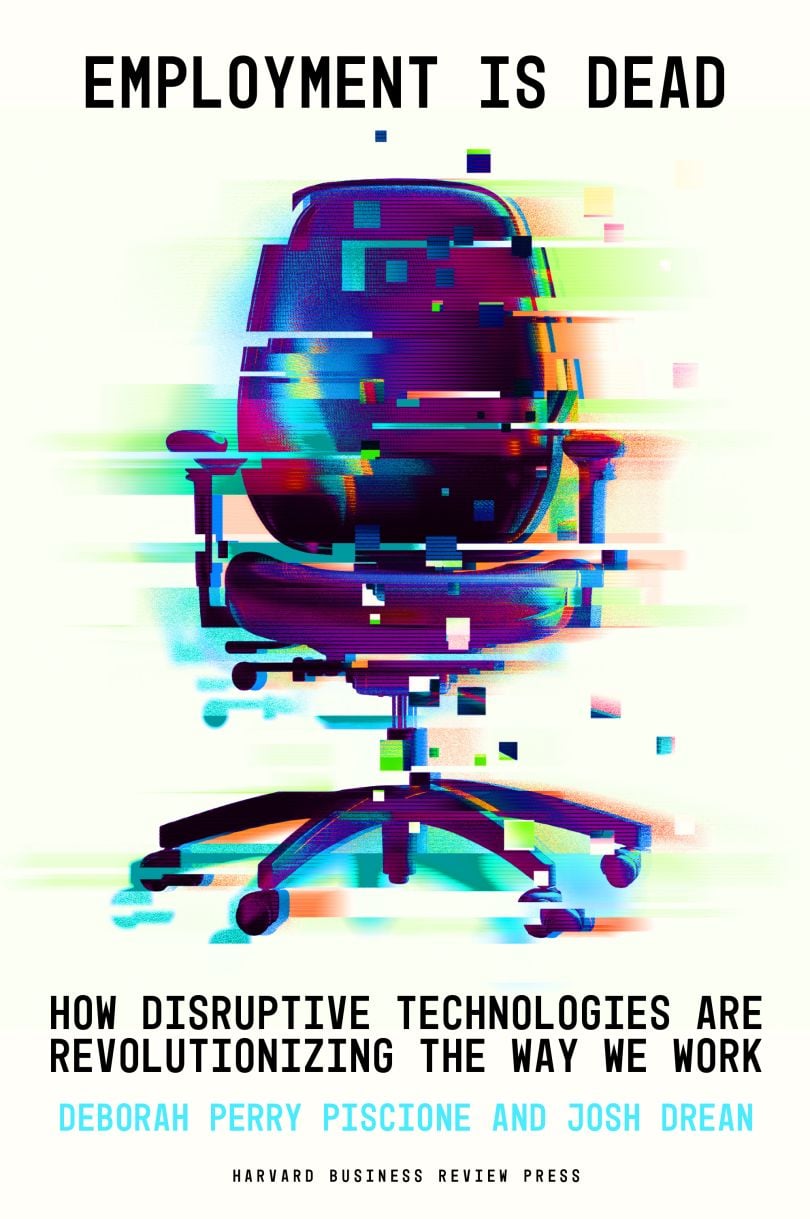Smart contracts offer potential solutions that could dismantle long-standing obstacles to efficiency within HR practices.
Consider the example of Talentpair.
Blockchain and AI in HR: A Use Case
Talentpair is an award-winning trailblazer in the recruitment landscape that accelerates the hiring process through state-of-the-art AI algorithms. Recognizing the inefficiencies and lack of trust that have plagued the recruiting industry for years, Talentpair made a strategic shift to a decentralized model in recent years, further strengthening its position as an innovative leader in the space.
The company first introduced a concept it calls “non-fungible talent,” a play on the concept of non-fungible tokens, unique digital identifiers recorded on a blockchain and used to certify ownership and authenticity.
What Is Non-Fungible Talent?
Non-fungible talent, then, is the creation of a unique digital resume for each worker on the blockchain, which AI then utilizes to more effectively match with suitable job opportunities. This approach eliminates the reliance on self-reported resumes and blind trust to ensure all credentials are transparently and securely recorded.
What makes Talentpair truly innovative, however, lies in its use of smart contracts. In our interview with him, Joe Kosakowski, president and founder of Talentpair, said, “Smart contracts offer unprecedented levels of capacity and fair compensation that benefits everyone involved in the recruitment life cycle.”
He illustrated this with an example: within traditional recruiting models, if you introduce someone from your network and another recruiter helps them secure a job, the commission typically is given to the recruiter who closed the deal, but with a smart contract, the commission can now be distributed fairly among all contributing recruiters.
In this scenario, the person making the initial introduction would earn a percentage of the commission, which is automatically distributed the minute the smart contract is fulfilled. This process ensures that each recruiter’s contribution is recognized and rewarded without fear that you’ll be undercompensated.
“Smart contracts offer unprecedented levels of capacity and fair compensation that benefits everyone involved in the recruitment life cycle.”
This revolutionary approach has not gone unnoticed, as Talentpair was named the 2023 RemoteTech Overall Recruiting Solution of the Year, marking its third consecutive year winning a top solution award.
By incorporating smart contracts into its operational DNA, Talentpair has effectively dismantled the constraints that have long plagued traditional recruiting methods. No longer do recruiters and companies have to wrestle with onerous administrative tasks, nor do they have to fret about compliance issues.
With smart contracts, actions are automated and rewards are instantaneously dispensed, all recorded transparently and fairly for whoever participated in supporting the hiring of a candidate.
Talentpair’s pioneering use of smart contracts highlights the future of hiring and indicates a larger shift toward a more equitable and accountable professional ecosystem. We can begin to see how these digital contracts could redefine the landscape of employment, from recruitment and onboarding to performance management and dispute resolution.
Let’s explore the transformative potential of smart contracts in reshaping HR and employment specifically.
Benefits of Smart Contracts
Smoother Payment Processes
With smart contracts, the once cumbersome process of ensuring that employees are paid on time and accurately becomes effortless, their earnings automatically adjusted and disbursed based on predefined criteria.
This extends to managing benefits, where the allocation to health insurance or retirement plans is no longer a manual task but a dynamic, real-time adjustment to the changing needs of the workforce. Companies with external collaborators including subcontractors, freelancers, app developers, marketplace sellers and so on face the uncertainty of payment and the shadow of disputes.
Smart contracts illuminate this space with the promise of fairness and prompt compensation, directly releasing funds upon the completion of agreed milestones, and thereby fostering a foundation of trust between parties previously bridged by skepticism.
Security and Confidentiality
The immutable and secure nature of blockchain guarantees that sensitive agreements are preserved against tampering, accessible only to those who hold the keys. This security is paramount in an era when data breaches and privacy concerns loom large over corporate and personal interactions alike.
Speed and Efficiency
Project management, too, finds an ally in smart contracts. The life cycle of a project, punctuated by approvals, payments and the initiation of subsequent phases, can be streamlined, reducing the administrative overhead and propelling projects forward with unprecedented speed and accuracy.
Streamlined Dispute Resolution
Disputes are an inherent aspect of human relationships and interactions in the workplace and often arise from misunderstandings or disagreements over terms and conditions.

Smart contracts offer a groundbreaking solution by acting as a neutral intermediary and executing decisions impartially based solely on the logic and conditions mutually agreed on by all parties involved. This could minimize the potential for conflict and establish a transparent and straightforward process for resolving disputes to foster a more harmonious workplace environment.
Enhanced Skills and Professional Development
Achievements in training and certifications can trigger recognition and rewards automatically, thereby encouraging employees’ continuous learning and growth. By tracking progress and verifying achievements in real time, HR creates a culture where growth is both encouraged and visibly appreciated. This innovation leads to an upskilled workforce that enhances individual and organizational success.
Reprinted by permission of Harvard Business Review Press. Excerpted from EMPLOYMENT IS DEAD: How Disruptive Technologies Are Revolutionizing the Way We Work by Deborah Perry Piscione and Josh Drean. Copyright 2025 Deborah Perry Piscione and Josh Drean. All rights reserved.





